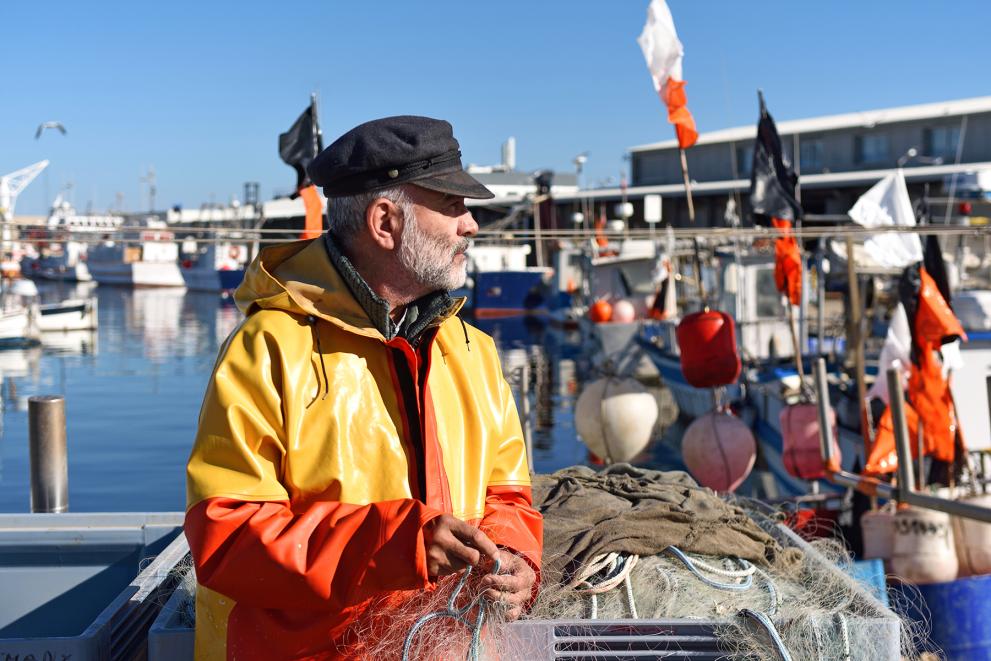
Today, the European Commission launched a consultation to assess the effectiveness and efficiency of the common fisheries policy (CFP). This consultation constitutes the first part of a thorough evaluation that will look at how the CFP has achieved its objectives since 2013, including:
- the long-term sustainability of fisheries and aquaculture,
- the contribution to the protection of the marine environment,
- the availability of food supplies, and
- a fair standard of living for fisheries and aquaculture communities.
The consultation aims to gather evidence and different perspectives on the CFP from a range of stakeholders, including individuals, the fisheries and the maritime sectors, non-governmental and other organisations, and national administrations from Member States.
You can now send your feedback on the common fisheries policy call for evidence.
A second consultation, which will include a questionnaire focusing on specific aspects of the evaluation, will be launched in the coming months.
Next steps
The results of the consultations, alongside other analyses and studies will be used to assess the CFP’s performance in achieving its objectives, its economic implications, and its relevance in the context of emerging needs.
The Commission will publish a summary report of the consultations, including the evidence gathered, at the beginning of 2025.
Background
The CFP is the set of rules the European Union uses to manage fishing and fish stocks sustainably.
The 2013 reform of the CFP Regulation brought together for the first time, the social, economic, and environmental dimensions of the EU fisheries policy, as well as its contribution to the availability of food supplies. Various measures were introduced under the reformed CFP to achieve these objectives:
- Fish stock management at sustainable levels for all managed stocks;
- Gradual introduction of a landing obligation from 2015 to 2019 for all catches managed with catch limits or minimum sizes;
- Multiannual plans to manage fisheries in different sea basins;
- Fleet capacity ceilings per EU country together with the obligation for EU countries to ensure a stable and enduring balance between fishing capacity and fishing opportunities over time;
- Conservation measures to be adopted by the Commission through the regionalisation approach, based on cooperation between EU countries across EU sea basins;
- Increased stakeholder involvement and improved cooperation in EU decision-making, including at regional level.
The EU has the exclusive competence of managing the conservation of marine biological resources under the CFP. This applies both in and outside EU waters, in the context of Regional Fisheries Management Organisations (RFMOs) and when sustainable fisheries partnership agreements (SFPAs) are established with non-EU countries. The CFP also includes areas of shared competence between the EU and its Member States, such as aquaculture and market policy.
The Fisheries and Oceans package adopted by the Commission in February 2023 reported on the implementation of the CFP to date and launched a dialogue on the key challenges for Europe’s fisheries.
The evaluation of the CFP Regulation, described in this call for evidence, will build on this package and the dialogue with stakeholders, and is linked to the ongoing evaluation of the European Maritime and Fisheries Fund, mid-term evaluation of the European Maritime, Fisheries and Aquaculture Fund, and the evaluation of the Sustainable Fisheries Partnership Agreements.
More information
Call for evidence for the Common Fisheries Policy
Evaluation of the European Maritime and Fisheries Fund
Mid-term evaluation of the European Maritime, Fisheries and Aquaculture Fund
Details
- Publication date
- 20 June 2024
- Author
- Directorate-General for Maritime Affairs and Fisheries
